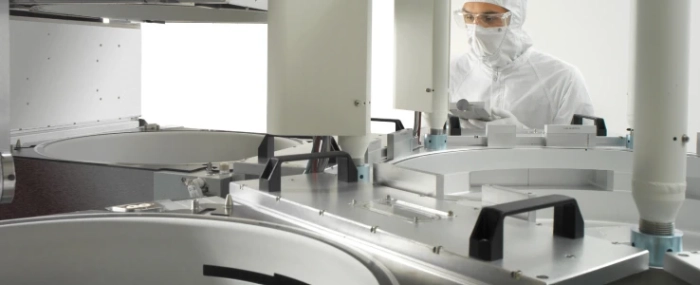
Lam Research etch system to accelerate nanofabrication R&D at UC Berkeley
Lam Research has donated its multi-chamber semiconductor etching system to the Marvell Nanofabrication Laboratory at the University of California, Berkeley to advance R&D for next-generation chip technologies.
Frontline researchers can now have access to a state-of-the-art etching system for fabricating nanoscale semiconductor devices, including Specialty Technologies, that are needed to support a range of applications — from consumer and industrial electronics to AI and quantum computing hardware.
The Berkeley Marvell NanoLab is a shared research centre providing cross-departmental principal investigators and academic and industrial researchers with access to micro- and nano-fabrication technologies, typically only found in modern fab facilities.
"We believe that academia-industry collaboration is crucial to driving the nanofabrication advancements needed for new generations of Specialty Technologies," said Vahid Vahedi, chief technology and sustainability officer at Lam Research, in a press release. "Lam's donation will give UC Berkeley's NanoLab researchers the ability to work directly with an industry-proven semiconductor manufacturing system in their efforts to accelerate innovation and develop new, novel processes."
The system combines Lam's Kiyo conductor and metal etch, Flex dielectric etch, and a state-of-the-art Syndion GP deep reactive ion etch chambers on a Lam 2300 platform. It is capable of etching a broad range of materials needed for manufacturing next-generation semiconductor devices and advancing Specialty Technology applications such as optoelectronics and photonics, sensors and radio frequency (RF) solutions.
"Lam's latest donation gives our researchers and students access to wafer-processing capabilities rarely accessible outside of the most sophisticated semiconductor manufacturing facilities. I look forward to seeing Lam's advanced etching system enable new atomic-scale process innovations for next-generation chips in the years ahead," adds Tsu-Jae King Liu, dean of UC Berkeley's College of Engineering.
